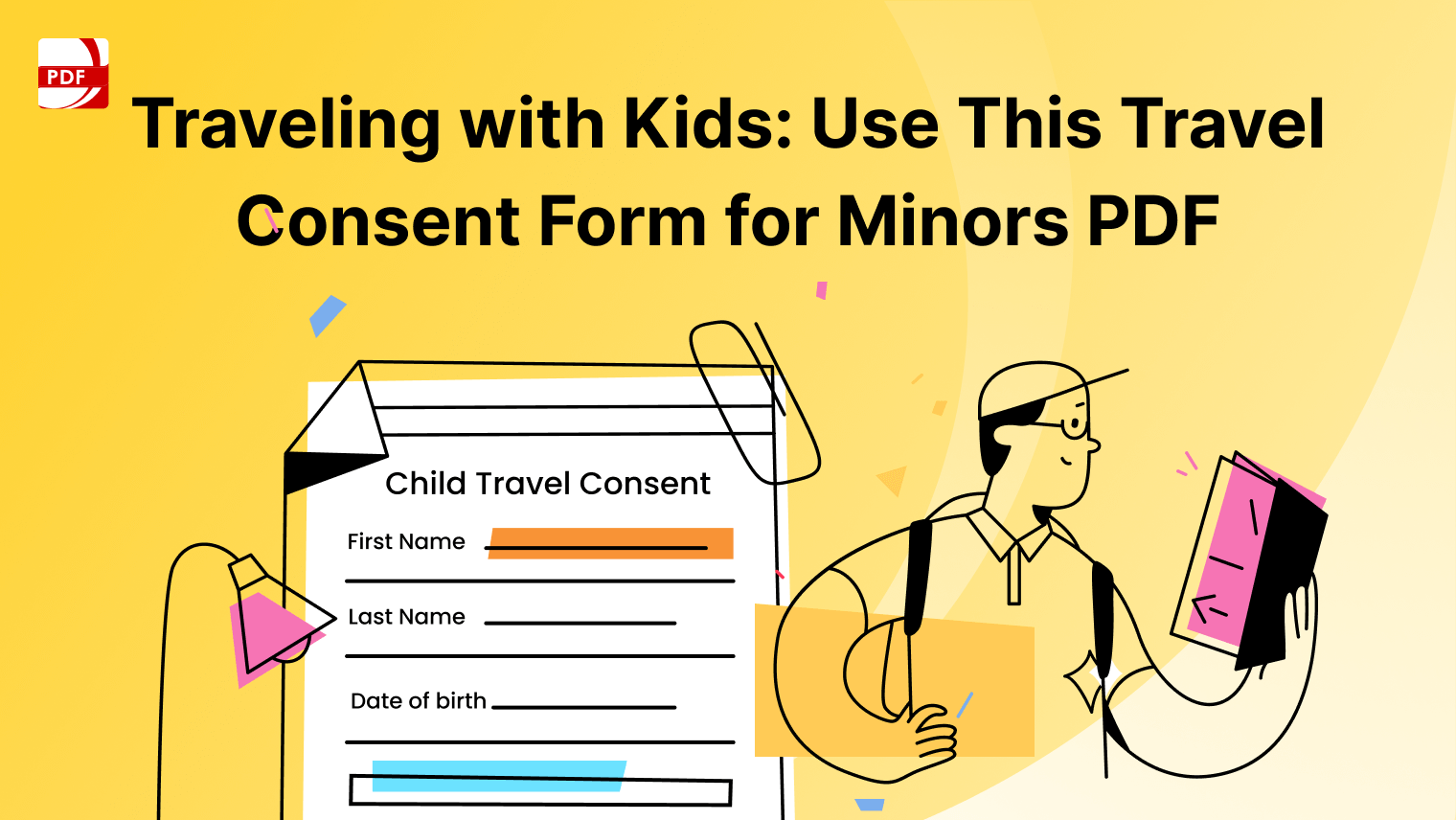If you have a penchant for classic American novellas with a blend of romance and social commentary, you might have been charmed by Truman Capote's "Breakfast at Tiffany's." Below, we delve into some of our team's favorite quotes from this iconic story.
"Breakfast at Tiffany's" is a novella by Truman Capote, first published in 1958. It has remained a beloved work in American literature, capturing the essence of New York City life through the eyes of the enigmatic and captivating Holly Golightly. Set in the early 1940s, the narrative revolves around the somewhat aloof yet deeply complex Holly, who navigates a world of social climbers and suitors, revealing themes of freedom, belonging, and the search for identity. Capote's elegant prose and the poignant exploration of love and loneliness make "Breakfast at Tiffany's" a timeless reflection on the human condition and the personal costs of maintaining an image.
"Anyone who ever gave you confidence, you owe them a lot." – Holly Golightly
This quote reminds us of the impact that encouragement and belief from others can have on our lives. "Breakfast at Tiffany's" often explores the significance of interpersonal relationships, and Capote beautifully captures the nuances of how others shape our paths.
"It's better to look at the sky than live there." – Holly Golightly
Holly's words here reflect her pragmatic yet whimsical view of reality versus dreams. Capote's work is filled with such bittersweet insights, making us ponder the balance between the ideal and the real.
"You call yourself a free spirit, a 'wild thing,' and you're terrified somebody's gonna stick you in a cage. Well baby, you're already in that cage. You built it yourself." – Fred, the narrator
This powerful observation by the narrator about Holly’s self-imposed limitations speaks to the core themes of freedom and entrapment. Capote’s characters often grapple with internal and external conflicts that mirror their deepest fears and desires.
"People don't belong to people." – Holly Golightly
Holly's assertion about independence and possession in relationships is one of the central philosophies of the novella. It challenges the conventional notions of love and ownership, which Capote elegantly critiques throughout his work.
"It may be normal, darling; but I'd rather be natural." – Holly Golightly
Holly's preference for authenticity over conformity is a sentiment that resonates deeply with readers who feel pressured by societal expectations. Capote's flair for capturing such personal rebellions adds a timeless quality to his writing.
"Home is where you feel at home. I'm still looking." – Holly Golightly
This poignant reflection on the concept of home as a state of being rather than a physical place encapsulates Holly's perpetual search for a place where she truly belongs. It's a quest that many of Capote's readers can relate to, making his work profoundly personal.
"I don't want to own anything until I find a place where me and things go together." – Holly Golightly
Holly’s reluctance to establish roots anywhere reflects her deeper existential uncertainty. Capote’s exploration of belonging and identity through Holly’s transient lifestyle speaks to the nomadic soul in all of us.
"The answer is good things only happen to you if you're good. Good? Honest is more what I mean... Be anything but a coward, a pretender, an emotional crook, a whore: I'd rather have cancer than a dishonest heart." – Holly Golightly
This raw confession highlights Holly's complex moral code. Capote doesn’t shy away from the flaws in his characters, instead presenting them with brutal honesty and vulnerability.
"I'm very scared, Buster. Yes, at last. Because it could go on forever. Not knowing what's yours until you've thrown it away." – Holly Golightly
Holly’s fear of the unknown and her recognition of loss only after it’s gone reveal a universal truth about human nature and regret. Capote’s narrative is rich with such realizations that strike at the heart of the human experience.
"Never love a wild thing, Mr. Bell... That was Doc's mistake. He was always lugging home wild things... If you let yourself love a wild thing. You'll end up looking at the sky." – Holly Golightly
This advice serves as a metaphor for the dangers of trying to tame or claim something inherently untamable. Capote's use of metaphorical language to convey complex emotions and relationships is just one reason why "Breakfast at Tiffany's" remains a beloved classic.
Download Breakfast at Tiffany's PDF Free
Read “Breakfast at Tiffany's” on PDF
Download PDF Reader Pro to quickly and easily enable “Read Mode” for a pleasant reading experience on your desktop, tablet or phone.
If you liked this collection of quotes, you will also like our list of classic romance novels, available to read about, download and to import to PDF Reader Pro, right here on our blog.















 Free Download
Free Download  Free Download
Free Download 





 Support Chat
Support Chat